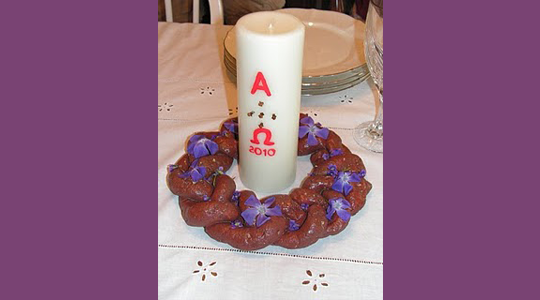
We continue exploring six keys to making our faith formation experiences more evangelizing by looking at the importance of spirituality and prayer.
It is my contention that too many of us have grown up with a notion of God as a powerful, angry being who is to be feared—much as Dorothy and her companions trembled as they approached the Wizard in the classic movie, The Wizard of Oz, to ask for a favor. Or, we grow up with the notion of God as distant and we, like poor little E.T., are alone and abandoned down here and feel that it is up to us to get God’s attention to draw nearer to us and rescue us.
And yet, our Tradition teaches us the exact opposite. In the Old Testament, God’s own people repeatedly refer to God as “slow to anger and rich in kindness.” In the New Testament, we learn how God has drawn near to his people through the Incarnation of his Son, Jesus Christ, who remains near to us through the Holy Spirit and the sacraments of the Church.
Based on this notion of the nearness and approachability of God, our faith formation—if it is to be more evangelizing—must be imbued with spirituality and prayer. In other words, it must have a pervasive climate of prayer. A good place to begin is by integrating silence in the faith formation setting. Pope Benedict XVI wisely said, “It is necessary nowadays that the People of God be educated in the value of silence. Rediscovering the centrality of God’s word in the life of the Church also means rediscovering a sense of recollection and inner repose.” (Verbum Domini, 66)
Next, within this context of quiet and stillness, we must invite our participants to enter into conversation with our Lord. St. Ignatius of Loyola taught that prayer should resemble “one friend speaking to another.” It is our job as catechists to provide opportunities for those we teach to enter into conversation with God, who is in our midst. Too often, we catechists invite Jesus into our faith formation setting and then make him “sit in the corner” as we talk about him. Instead, we must be sure that we have set aside time to lead participants into encounters with the Divine through guided reflections, lectio divina, visio divina, liturgies of the Word, and other experiences of prayer that go beyond the perfunctory recitation of a traditional prayer.
In order for our faith formation to be more evangelizing, we catechists must move from being teachers of a subject to serving as facilitators of an encounter.
Achieve a more evangelizing faith formation experience for young people with Finding God: Our Response to God’s Gifts.




Be the first to comment